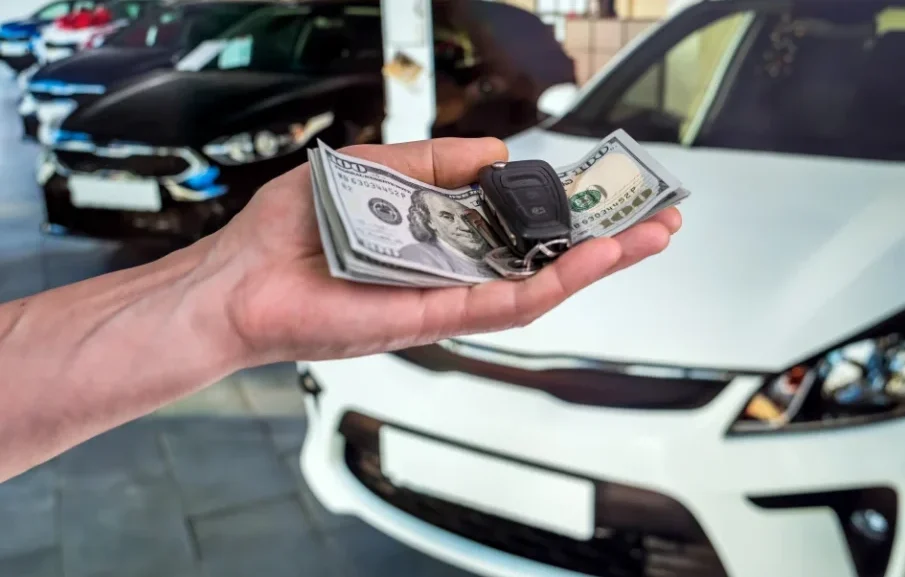The term “Chinese cars ripoff” is often used to describe unreliable, low-quality, or fraudulent practices associated with some Chinese vehicles, especially in the used car market. While many modern Chinese brands are high-quality and reliable, there are still risks of scams, poor build quality, and misleading sales tactics.
Here’s a detailed look at common issues, how to avoid potential ripoffs, and what to consider when buying Chinese cars.
1. What Is a Chinese Car Ripoff?
A Chinese car ripoff refers to situations where buyers face poor quality, hidden costs, or deceptive practices when purchasing Chinese-made or -influenced vehicles. This can include:
- Low-quality parts and materials
- Misrepresentation of vehicle condition
- Unreliable after-sales support
- Hidden defects or odometer tampering
- Lack of proper documentation for imported vehicles
These issues are more common with second-hand or privately imported models, rather than officially sold or well-reviewed brands.
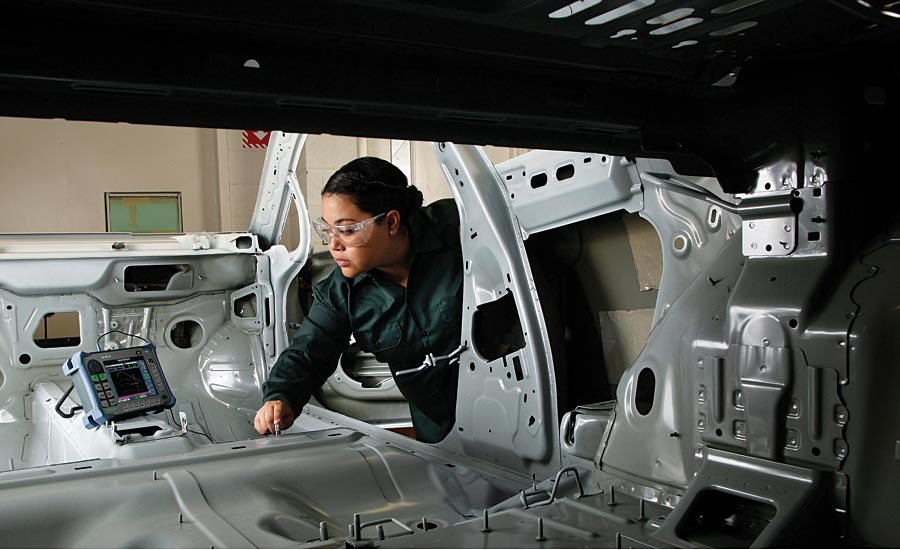
2. Common Scams and Risks
Some of the most reported issues with Chinese cars include:
- Poor build quality – Especially in older or budget models
- Limited warranty and service support – Many models lack strong local dealership networks
- Overpriced but low-value cars – Some models are sold at higher prices than their actual worth
- Fake or modified VINs – Used cars may have stolen or altered identification numbers
- Inconsistent safety standards – Not all models meet U.S., European, or global safety regulations
These factors can lead to financial loss and long-term maintenance problems.
3. How to Avoid a Chinese Car Ripoff
To protect yourself from scams and poor-quality vehicles, follow these tips:
- Buy from reputable dealers – Look for authorized importers or licensed sellers
- Check the vehicle history report – Use services like Carfax or AutoCheck
- Inspect the car thoroughly – Have it checked by a trusted mechanic
- Verify the VIN – Ensure the vehicle identification number is legitimate
- Research the brand and model – Look for user reviews and crash test ratings
- Be cautious of too-good-to-be-true deals – High prices don’t always mean high quality
Buying a reliable Chinese car requires due diligence and research.
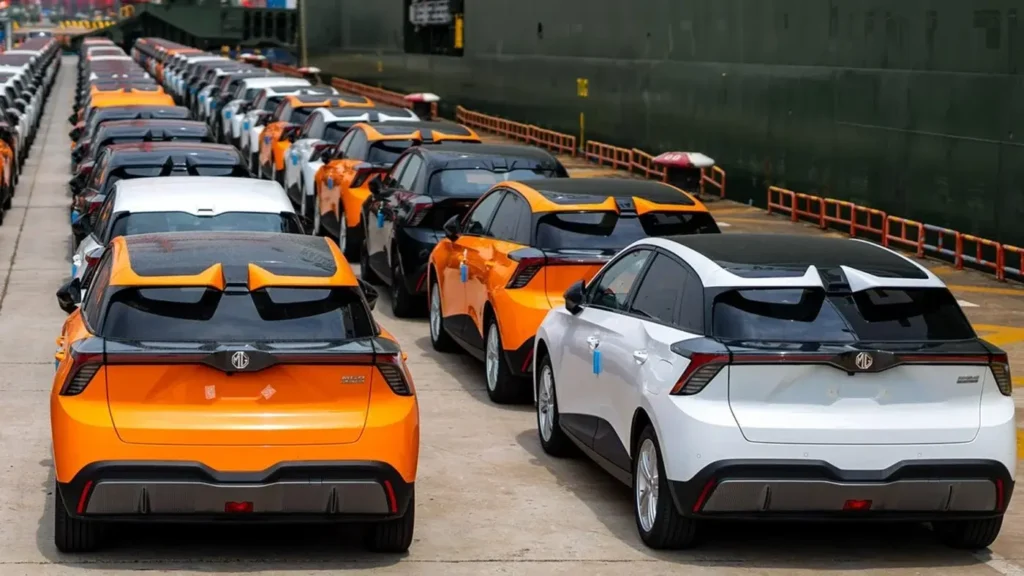
4. Are All Chinese Cars a Ripoff?
No—many modern Chinese cars are now safe, reliable, and well-built. Brands like BYD, Geely, and Haval are known for good value and performance, especially in the electric and hybrid segments.
However, older models or unverified imports may carry higher risks of quality and safety issues.
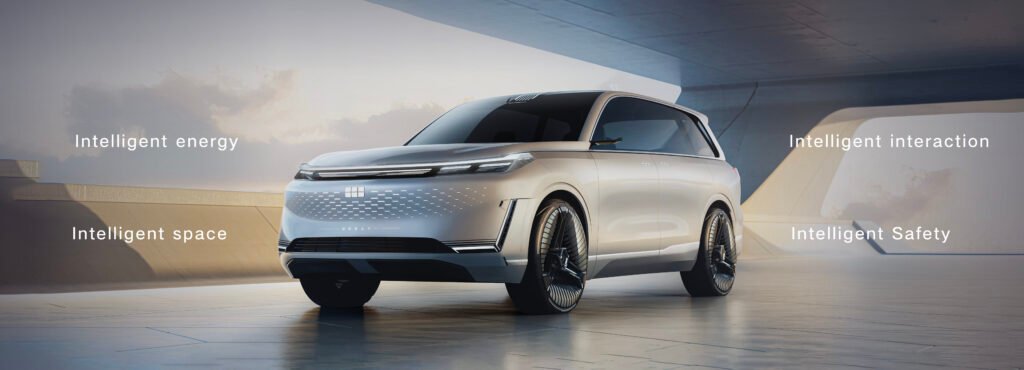
5. Best Practices for Buying Chinese Cars
To avoid potential ripoffs, consider the following:
- Choose well-known brands like Geely, BYD, and Haval
- Opt for new or certified pre-owned models
- Work with trusted importers or dealers who specialize in foreign vehicles
- Check for compliance with local regulations
- Read reviews and user experiences from other buyers
With the right approach, Chinese cars can be a smart and safe investment.
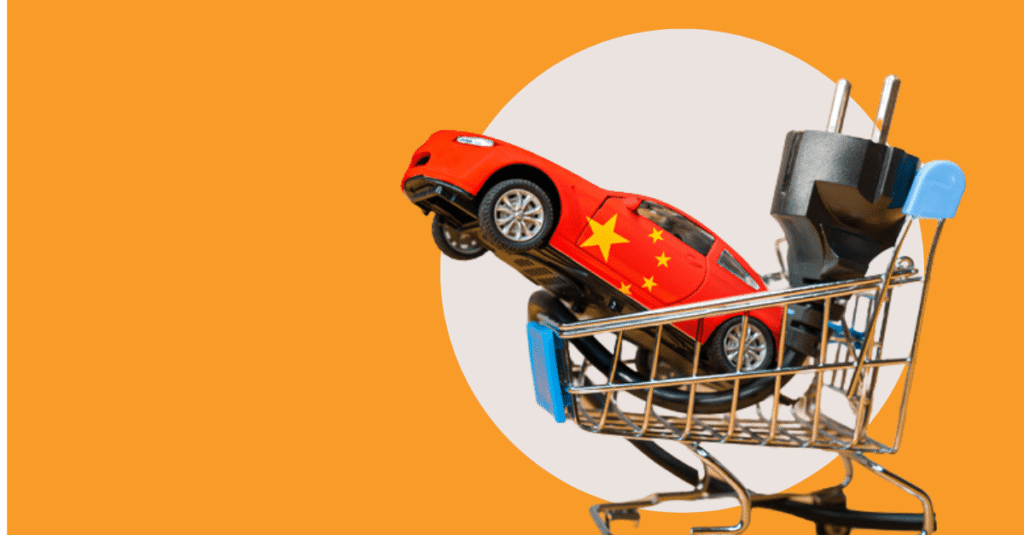
FAQs
Q1: Are Chinese cars a ripoff?
A1: Not all—many modern models are safe and reliable, but some used or unverified cars may pose risks.
Q2: How can I avoid a Chinese car scam?
A2: Research the model, check the VIN, get a mechanical inspection, and buy from trusted sources.
Q3: Are Chinese cars safe for driving?
A3: Yes, if you choose well-reviewed and properly maintained models.
Conclusion
While not all Chinese cars are a ripoff, careful research and due diligence are essential to ensure value and reliability. With the right approach, Chinese cars can be a great choice for affordable, efficient, and eco-friendly transportation.

